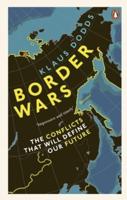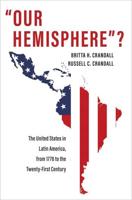Publisher's Synopsis
The danger of proliferation--of nuclear, biological, and chemical (NBC) weapons and missiles for their delivery--is appreciated by almost everyone. Since the 1970s, some of the most important instruments for combating this danger have been U.S. sanctions laws requiring penalties for acts contributing to proliferation. However, by the mid-1990s, a backlash had developed against a broad range of unilateral U.S. economic sanctions nonproliferation sanctions. This study examines the United States1 use of sanctions against foreign entities to prevent NBC and missile proliferation. It begins with a review of the objectives and provisions of the various U.S. nonproliferation sanctions laws, and compares the legal provisions at each step of the sanctions process. It then reviews the history of the applications of sanctions against proliferation and the problems revealed by the experience, then explores alternatives for dealing with these problems possible actions by both Congress and the Executive Branch. The study concludes by recommending a set of three new principles for sanctions: 1.;A "worse-off" criterion for the design of sanctions, which entails finite economic or security-related penalties on the target entity so that the costs imposed by the sanctions exceed the benefits of the sanctionable activity. 2. Automaticity in the imposition of sanctions, for tightening up the determination process, eliminating waivers altogether, and requiring Presidential certifications of improved behavior before lifting continuing sanctions prescribed by Congress. 3. Specialized staff to design and oversee the implementation of sanctions. This report should be of interest to analysts, lawyers, public-interest groups, and government officials working on sanctions issues. (MAB, 11/6/00; BGC, 11/6/00; RS, 12/13/00)









